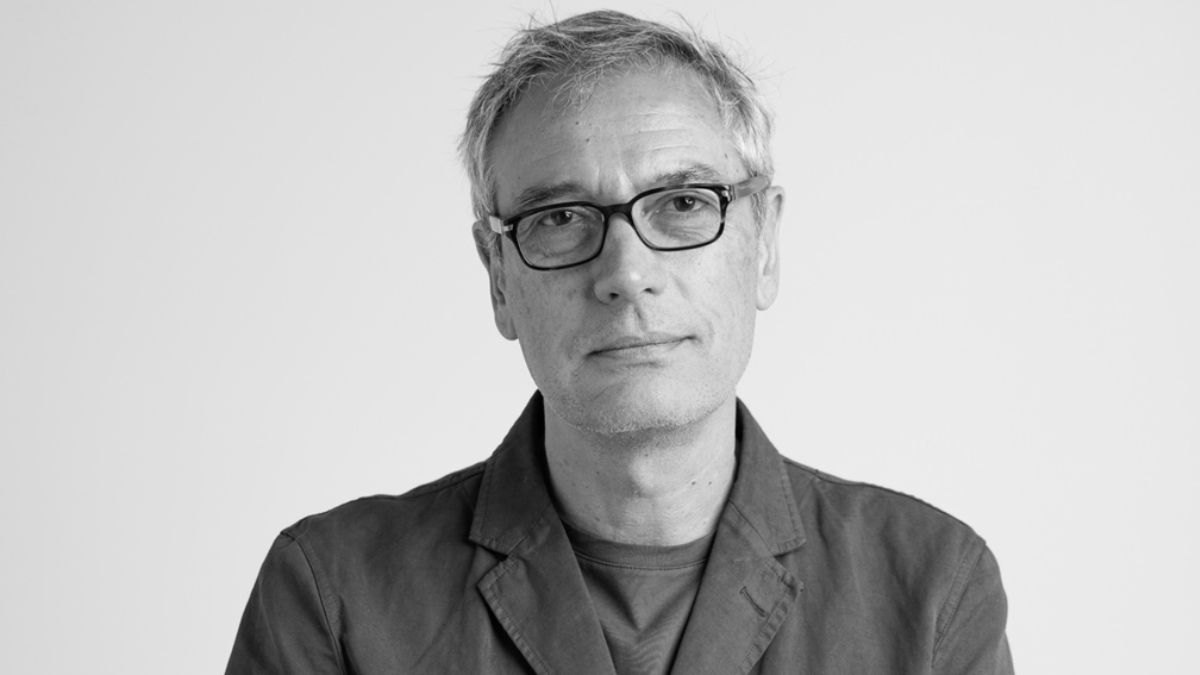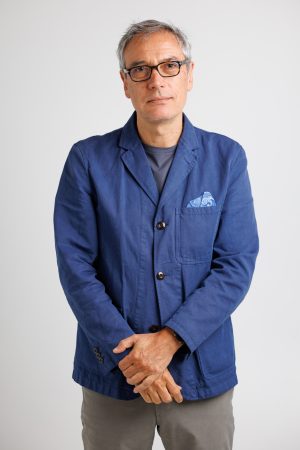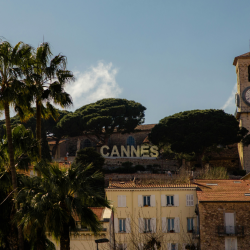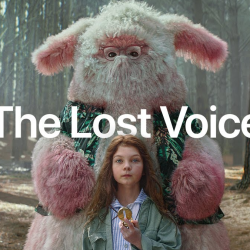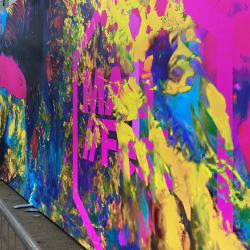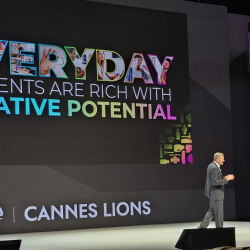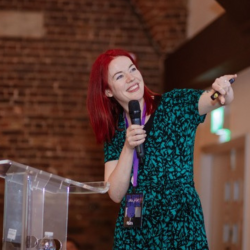This year MullenLowe NOVA Awards, which celebrates fresh creative talent, invited us for a private guided tour to explore the Central Saint Martins annual degree shows. Among 52 brilliant graduating student’s projects — see Fliuch by Ellen Cahill — only 13 were shortlisted: empathy and compassion are the themes preoccupying young creators. Voting is open until Friday 7th July, and all winners will be announced via MullenLowe’s social channels on Wednesday 12th July.
We had a chat with Jose Miguel Sokoloff, President of MullenLowe Global Creative Council, and one of the Award’s judges. Sokoloff is one of the most internationally awarded and respected advertising creatives and peace proponents in the world.
Jose, thanks for talking to us. First, as a cultural figure and advocate for peace, what strategies or approaches do you believe are crucial in addressing cultural and societal issues through advertising and communication?
Empathy and humanity. Every social issue affects us as a human race. As Carl Sagan famously said in his speck of dust soliloquy: ‘Our planet is a lonely speck in the great enveloping cosmic dark. In our obscurity, in all this vastness, there is no hint that help will come from elsewhere to save us from ourselves.‘
If there is no help coming, it’s up to us to change things, and advertising is one of the most powerful tools for change. But change requires belief in the benefits of change. We do not change our behaviours gratuitously, there has to be something in it for each and every one of us. That is what advertising can do, make you understand how we all win with change and motivate you to act. In order to do this effectively we need to be human first, and only if we are, we will be able to communicate messages that will be listened to.
The ‘Rivers of Light’ and ‘Operation Christmas’ campaigns significantly demobilised the FARC Guerrillas and fostered peace in Colombia. How did you effectively connect Colombians and encourage positive change through these campaigns?
Fundamentally we were talking to 36,000 Colombians. They were in the jungle and hard to reach, they were isolated and far from the ones they loved. It was a targeted effort. Every mind we changed, every guerrilla that demobilised, meant a lot. Not only in the loss of a crucial soldier to the guerrilla, but one less ‘enemy’ to worry about. And most of all, one less fighter in an unwinnable war between people born in the same villages, raised by the same people and with essentially the same aspirations, just disagreeing about the means not the end.
So we appealed to their human emotions, their love of family and yearning for some time with their friends, the feeling of being safely at home. This is what we offered, not the solution to the problems they were tackling with their guns, just a better way of driving change whilst giving them their lives back. We did not pass judgment, we just wanted to make them realise that there were other ways of bringing about change. We won many global awards for some of these efforts, but most were unnoticed by the advertising community.
This was a 10-year effort, with hundreds of acts to communicate the same message. When I look back, I see the awards on the shelf in the office in Bogotá, but I see them in a different country than when they were won. A country that has moved on from an absurd war and is solving its problems differently, albeit some still with guns and death, but a different country where we all look back to the days when there was a war out there and now know those days are gone.
How does your experience and expertise contribute to your role as a judge for the NOVA Awards, in terms of recognising and supporting emerging creative talent?
Recognising talent early on is difficult, and important. Talent is fragile and can be easily wasted if there is no recognition for it. When you are expressing your creativity you are putting yourself out there. You are very vulnerable. Sometimes criticism can destroy your confidence and the world loses a creator. Sometimes indifference kills the desire to continue to send your precious ideas out into the world to be seen.
We believe it’s a shame to demotivate talented people from creating. And we want to make them feel seen, feel recognised and feel important. That is why the NOVA awards exist. We want these young creators to keep going, to feel supported and to change the world.



The NOVA Awards celebrate boundless creativity and provide a unique opportunity to showcase the work of exceptional creators. In your opinion, what makes the awards stand out among other creative industry recognitions?
NOVA is not for pros. A lot of other awards and industry recognitions are. We’re about raw talent. There are no discipline awards, it’s just about celebrating what is outstanding, rule breaking, and what drives us forward. It is an award that celebrates rigour of thought and innovation in the result. It is a joyful celebration of talent with no constraints.



The ‘YourNOVA People’s Choice’ award allows the wider audience to appreciate the talent of emerging creators. How important is it to make creativity accessible to everyone and celebrate the joy it brings?
People’s choice award is important for two reasons. One, it brings all the work to a wider audience, and two, it reflects the impression the work being judged can make without the benefit of an additional explanation by its creator. It helps the winners understand that they need to make sure their work can be understood by everyone. I think it helps the winners and the participants understand the importance of clarity.
Usually the people’s choice award is won by ideas that are better explained in two minutes. Doing that is a skill worthy of recognition in itself, but it is also an award that guarantees your work is famous before the award is delivered in the awards ceremony.

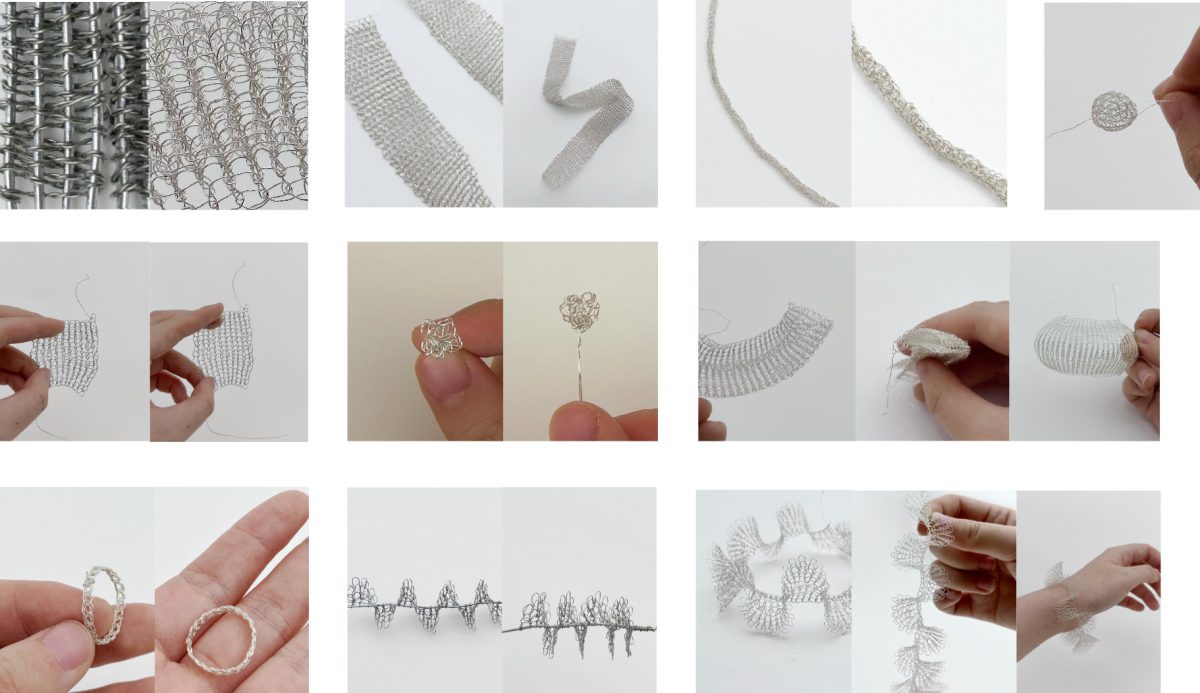

Featured image: Jose Miguel Sokoloff, President of MullenLowe Global Creative Council, and one of the MullenLowe NOVA Award’s judges.

















